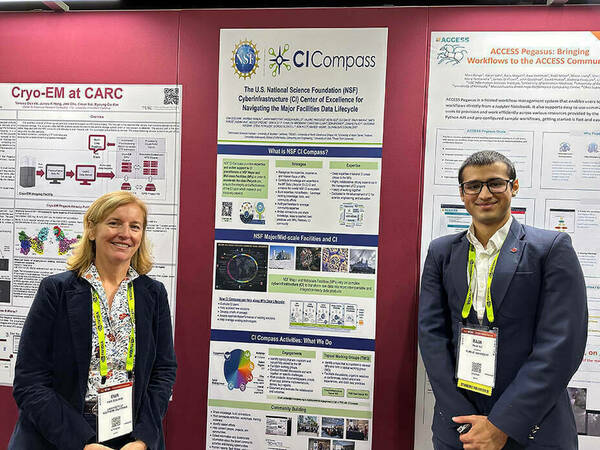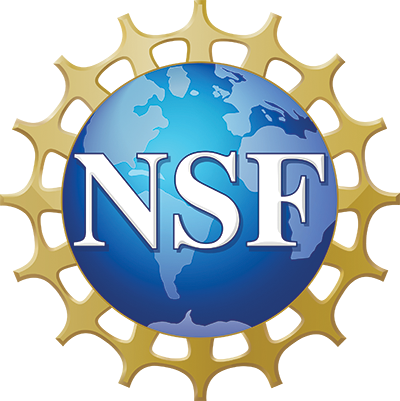
Originally published December 16, 2024, by USC Viterbi School of Engineering.
The U.S. National Science Foundation (NSF) funds some of the most advanced scientific infrastructure in the United States, spanning domains from astrology and oceanography to physics and climate science. For young professionals, a job at one of these sites, known as NSF Major Facilities, offers the opportunity to contribute to groundbreaking research with real-world impact.
However, many students are unaware of this exciting career path. This lack of awareness often leaves NSF Major Facilities struggling to find qualified technical specialists.
Recognizing this gap, Ewa Deelman, a research director at USC Viterbi’s Information Sciences Institute (ISI), spearheaded the creation of the CI Compass Fellowship (CICF) Program in 2022. The initiative, part of CI Compass, an NSF Center of Excellence to strengthen the national cyberinfrastructure ecosystem, introduces undergraduates to the critical role of data and computing systems in advancing scientific discovery.
“Nurturing the next generation of researchers and research software engineers is critical to pushing science forward,” Deelman said.
While many undergraduate computer science students are familiar with career paths at big tech companies like Google and Facebook, or roles in software development and UX design, few are aware of possibilities in cyberinfrastructure.
Yet, according to Deelman, cyberinfrastructure underpins most of today’s scientific discoveries, from developing new materials to understanding causes of diseases. CICF shows students how their computing skills can be applied to solve complex scientific challenges, and potentially a research career.
Now in its fourth year, CICF consists of two key components designed with undergraduate students in mind: a 12-week virtual spring training and a competitive 10-week summer internship.
Read the rest of the original story at USC Viterbi School of Engineering.






